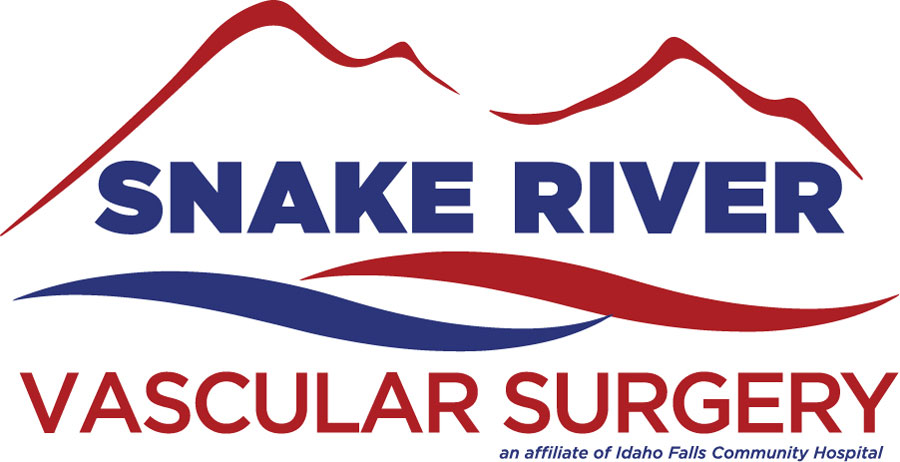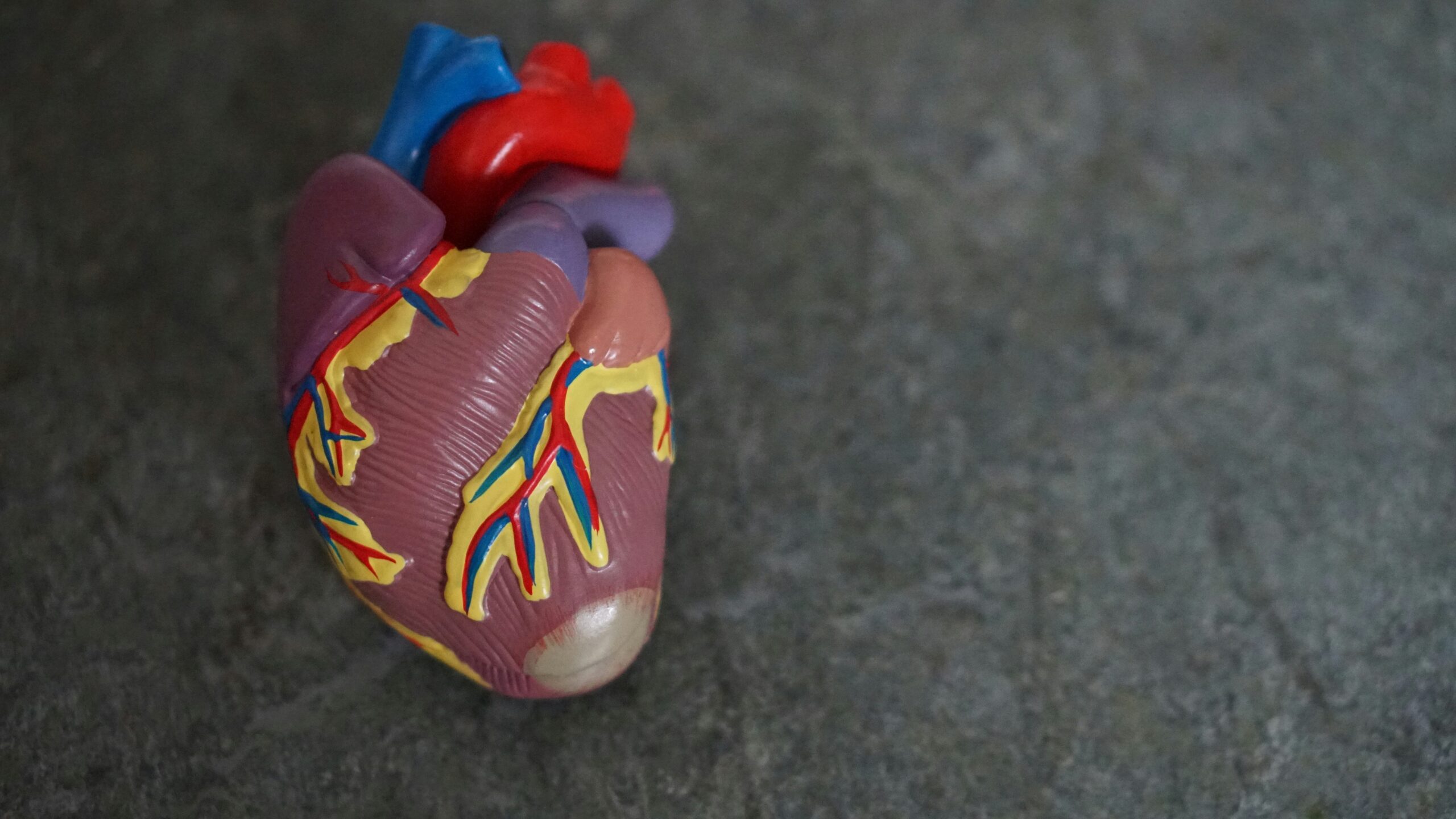What is the Treatment for Ischemia?
Ischemia is characterized by reduced blood flow to a particular part of the body, leading to inadequate oxygen and nutrient supply to tissues. This can occur in various organs, including the heart, brain, limbs, and intestines. Prompt and effective treatment is crucial to prevent tissue damage or necrosis, which can lead to severe complications or even death. The treatment for ischemia largely depends on its type, severity, and underlying causes. At Snake River Vascular Surgery we are here to help treat it!
Emergency Treatments
In cases of acute ischemia, such as a heart attack or stroke, immediate medical intervention is critical. Emergency treatments aim to restore blood flow and minimize tissue damage.
Thrombolytic Therapy
Thrombolytic therapy, commonly known as “clot-busting” therapy, is often used for ischemic strokes and heart attacks. These medications, such as tissue plasminogen activator (tPA), dissolve blood clots obstructing blood flow.
- Heart Attacks: In the case of a heart attack, thrombolytics can restore blood flow to the heart muscle within a few hours, reducing the risk of permanent damage.
- Strokes: For ischemic strokes, tPA can be administered within a specific time window (usually within 3 to 4.5 hours from symptom onset) to dissolve the clot and restore blood supply to the brain.
Surgical Interventions
When ischemia is severe or due to blockages that medications cannot resolve, surgical procedures may be necessary.
- Angioplasty and Stenting: Angioplasty involves inserting a balloon catheter into a blocked artery to widen it and restore blood flow. A stent (a small mesh tube) may be placed to keep the artery open. This procedure is commonly used in coronary artery disease (CAD) to relieve cardiac ischemia.
- Bypass Surgery: In cases where multiple arteries are blocked or the blockage is extensive, bypass surgery may be performed. Surgeons use a healthy blood vessel from another part of the body to create a detour around the blocked artery, restoring blood flow.
- Embolectomy: In cases of acute limb ischemia, an embolectomy may be performed to remove the blood clot directly, restoring blood flow to the affected area.
Medications for Long-Term Management
After addressing the immediate threat of ischemia, long-term management is crucial to prevent recurrence and manage underlying risk factors.
Antiplatelet Medications
Antiplatelet drugs, such as aspirin and clopidogrel, help prevent the formation of new blood clots. These medications are often prescribed to individuals with a history of ischemic events, such as heart attacks or strokes, to reduce the risk of future episodes.
Anticoagulants
For patients with conditions that increase the risk of clot formation, such as atrial fibrillation, anticoagulants like warfarin, rivaroxaban, or apixaban may be prescribed. These medications help thin the blood, reducing the risk of clots that could lead to ischemia.
Statins
Statins are cholesterol-lowering medications that help prevent atherosclerosis, a condition characterized by the buildup of plaques in the arteries, which can lead to ischemia. Statins lower LDL (bad cholesterol) levels, reducing the risk of cardiovascular events.
Lifestyle Modifications
In addition to medications, lifestyle changes play a critical role in managing ischemia and preventing future episodes.
Healthy Diet
A heart-healthy diet low in saturated fats, trans fats, cholesterol, and sodium can help maintain healthy blood vessels and improve overall cardiovascular health. Emphasizing fruits, vegetables, whole grains, lean proteins, and healthy fats can have a positive impact on blood flow.
Regular Exercise
Regular physical activity promotes good circulation and overall heart health. Activities such as walking, swimming, or cycling can improve cardiovascular fitness and help manage risk factors like hypertension and obesity.
Smoking Cessation
Smoking is a significant risk factor for ischemia, as it damages blood vessels and promotes clot formation. Quitting smoking is one of the most effective ways to reduce the risk of ischemic events.
Monitoring and Follow-Up Care
Regular follow-up with healthcare providers is essential to monitor for potential complications and adjust treatment as needed. Blood pressure, cholesterol levels, and other risk factors should be regularly assessed to ensure optimal management.

